If radio isn’t going to reinvent itself, maybe someone else will
As radio continues to suffer in the modern consumer economy, it may be time for the medium to truly reinvent itself or, if that isn’t going to happen, have someone else do it.
Guest post by Fred Jacobs of Jacobs Media Strategies
How many conventions, state broadcaster association gatherings, and conferences have you attended in the past few years that shared a common theme:
REINVENT, REIMAGINE, RETHINK, RESHAPE, REBUILD, REMAKE, RETHINK RADIO
On its face, it’s a strong indicator that many in radio believe the industry needs analysis, research, and new strategic planning. Simple makeovers with catchy slogans, and they’ve all fallen flat. That’s because radio needs more than a makeover, or as my wife puts it: “Having a little work done.”
As Mark Zuckerberg will likely find out soon, simply changing your name isn’t going to instantly reimage Facebook. The platform is entrenched, it’s in our DNA, we know what it is, and what it’s done. Remember that Google changed its name to Alphabet more than six years ago, a convenient attempt to jumpstart its stock price, putting all its brands – YouTube, Android, Waymo, etc. – all under a fresh umbrella.
Guess what? Everyone still calls it Google.

Is your station ready to start blogging? Join us to learn how to get your blog off the ground.
And after every radio gathering – in-person or virtual – we come home inspired with pages of notes. And we immediately go back to our respective corners, doing our jobs the same way.
That’s why nothing really changes. Industry spokespeople and even some higher-ups may profess the need for change. But no one has the stomach (or maybe, the stones) to actually do it.
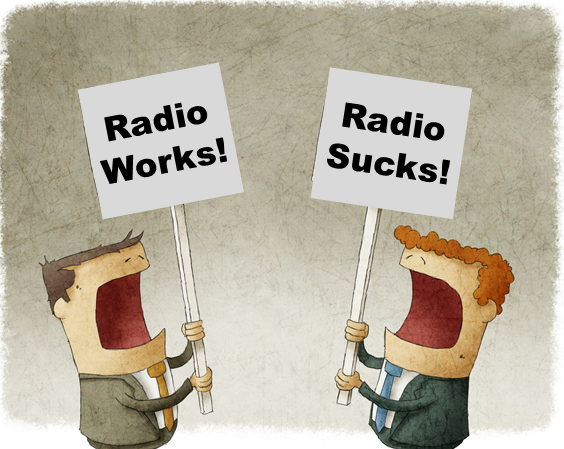
That’s not to say there aren’t good intentions. But like so many things in radio, there are disparate thoughts and philosophies about what’s wrong, and what (if anything) needs attention. Many believe that because radio’s reach remains north of 90%, there’s nothing broken. Others contend it’s a “cool” issue – that the case needs to be made that radio is a cool medium. And others believe a marketing campaign might be able to address all the industry’s weaknesses and vulnerabilities.
So we go back to our stations and we program our 250 song playlists, run our two outrageously long stopsets each hour, voicetrack whenever possible, and try to make due with less.
And hope no one notices.
But they are. They can hear it, and truthfully, so can we. And because AM/FM radio has been part of the mass media DNA of this country for a century, inertia, tradition, and habit all play to the industry’s historic strengths.
If change is going to come, it is more likely to emanate from outside stations, companies, and radio’s traditional structures.
That’s why I always sit up and pay attention when one of the big tech companies or even a startup hatches some sort of plan or app or algorithm that will reinvent radio. They all talk a good game, but in the end, no one has solved the “Radio Rubik’s Cube.”
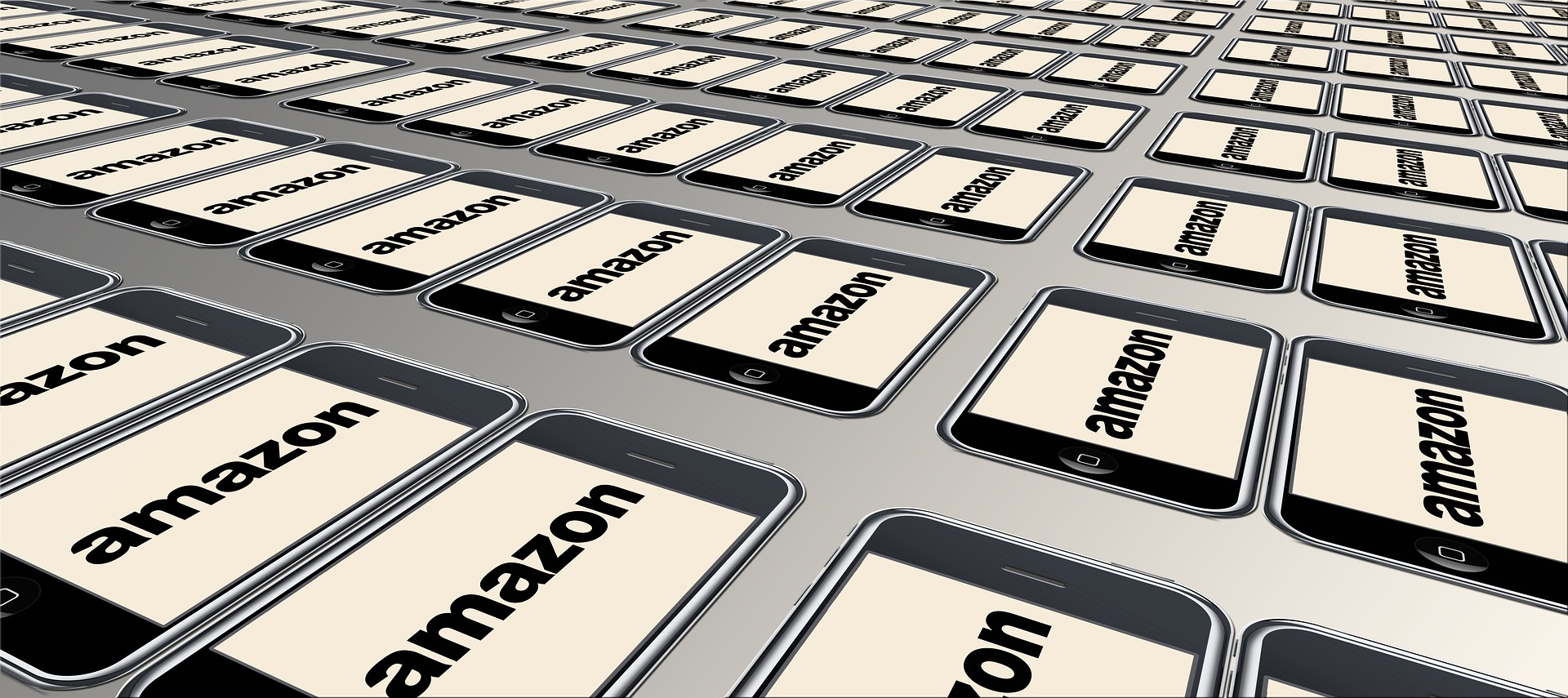
The latest of these solutions has been swirling around these last few days, both in Axios and the Verge. This time, it’s Amazon. And they’re apparently creating a product, powered by an app (here we go again) designed to recast and democratize radio as we know it.
Don’t laugh. Amazon has already reinvented how we shop, how we purchase and read books, and maybe just maybe how we travel into space. Fixing radio? Compared to Jeff Bezos’ other innovations, reinventing radio should be a snap.
I have made it a point to cover many of these attempts. First, they’re interesting and we may learn something. Second, it’s always curious to look at how non-radio people want to repair the medium. Third, there is an odd form of flattery going on. These companies wouldn’t be incessantly focused on making radio great again if they didn’t find things attractive, valuable, and even magical about live content – music and talk – traveling through the ether, in real time, day and night. Many of the people behind these radio wannabe initiatives probably dabbled in air studios in college or at radio stations in their hometowns, and they’re seeking some of the romance we all feel both in the best and worst of times.
All that said, none has managed to pull it off. Apple – a company that’s pretty innovative – tried and failed with Beats 1. From day one, Slacker Radio tried the curated radio approach – that is, they had DJs – and that hasn’t worked so well.
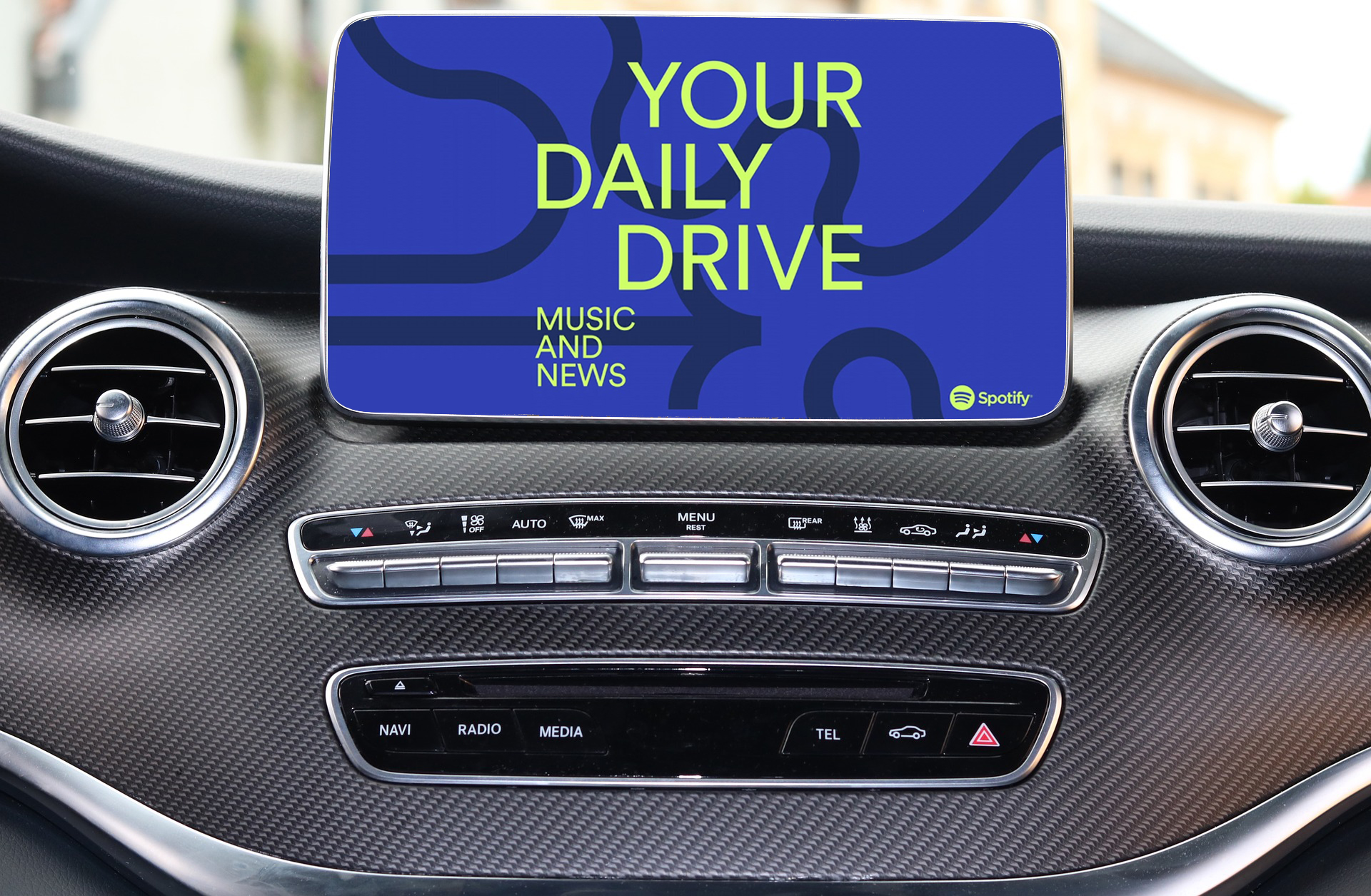
Spotify has been circling the field for some time now. Their morning show concept – “Your Daily Drive” – debuted back in 2019. It’s a platform that melds your interests with your music choices. Yes, I blogged about it back then.
While interesting and ambitious, I have only run into a couple of friends who use the feature. (If I’m underestimating its impact, I’m sure you’ll let me know.)
Perhaps SiriusXM has come closest, providing a product that sounds a lot like broadcast radio – sans the commercials. Its subscription model allows for no commercials (on the music stations at least), along with many more choices than any radio market can offer.
Of course as an advertising vehicle, SiriusXM has serious limitations. And despite being around in one form or another for well more than two decades, SiriusXM has 34 million subscribers. That’s not a bad number, but it’s a fraction of the size of broadcast radio’s weekly audience.

When Amazon starts making noise – they’re actually being pretty stealthy – it’s worthy of our attention. Axios writer Sara Fischer broke the story in late August, billing it as a big story: “Scoop: Amazon quietly building live audio business.” As Fischer pointed out, Amazon is no stranger to audio. There’s Alexa and Audible for starters. And even Twitch has elements of radio.
The new platform – as yet unnamed – is said to be under the company’s Music division – which includes podcasts. Fischer reported Amazon was connecting with major labels and bands, as well as looking into live music performances and “talk radio programs.”
Here’s where it gets a little murky. Fischer says this play by Amazon is “not a Clubhouse-like platform, but more like a digital radio-like tool for live-streaming performances and conversation.”
Reading between the lines, it sounds like anyone can get some mic time; anybody can be a radio star. Interestingly, while broadcast radio itself may be out of favor, being on the radio is still a widely shared dream, goal, and desire – like a “bucket list” item that can now be fulfilled.
There’s been precious little coverage of this Amazon project – until yesterday. That’s when The Verge‘s “Hot Pod” newsletter headlined this story:
“Amazon is building a Clubhouse competitor that turns hosts into DJs”
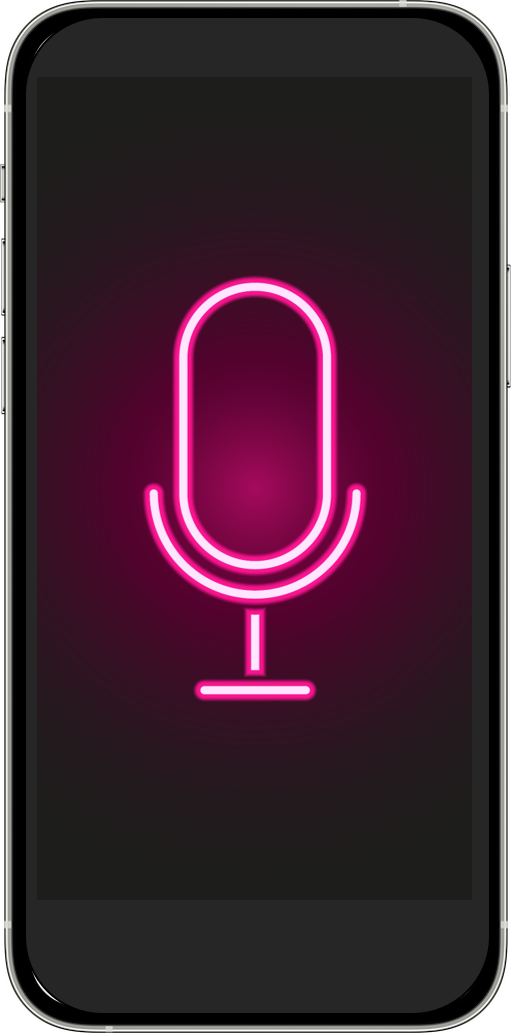
Ashley Carman is the journalist of record, and her information is that Amazon’s foray into the live audio game is an app codenamed “Project Mic.”
The Verge team reportedly got to watch (OK, listen to) a presentation that would allow anyone to “make and distribute a live radio show, complete with music.” The music piece would put Amazon ahead of Clubhouse. Like the Axios story last summer, Carman says record labels are coordinating their artists, as well as live events.
Carman notes that listeners would have many entry points to enjoy content – the app, of course – along with Audible, Amazon Music, Twitch, and any device that is Alexa-enabled. There’s also an auto interface, trending topics, and a search tool to find programming by “topic, name, or music.”
What’s the goal of Project Mic? According to The Verge:
“To democratize and reinvent the radio.”
Ambitious? For sure.
Interesting? Absolutely.
Just imagine – a game for all ages (6 and up), where anyone could slap on a pair of earbuds, crack the mic, cue up a song, and play Preston & Steve, Delilah, or themselves on the radio.
And it begs the question why radio broadcasters could not or would not do some of these same things – with a much greater reach than an amateur DJ “broadcasting” from Spokane, Savannah, or Saginaw.
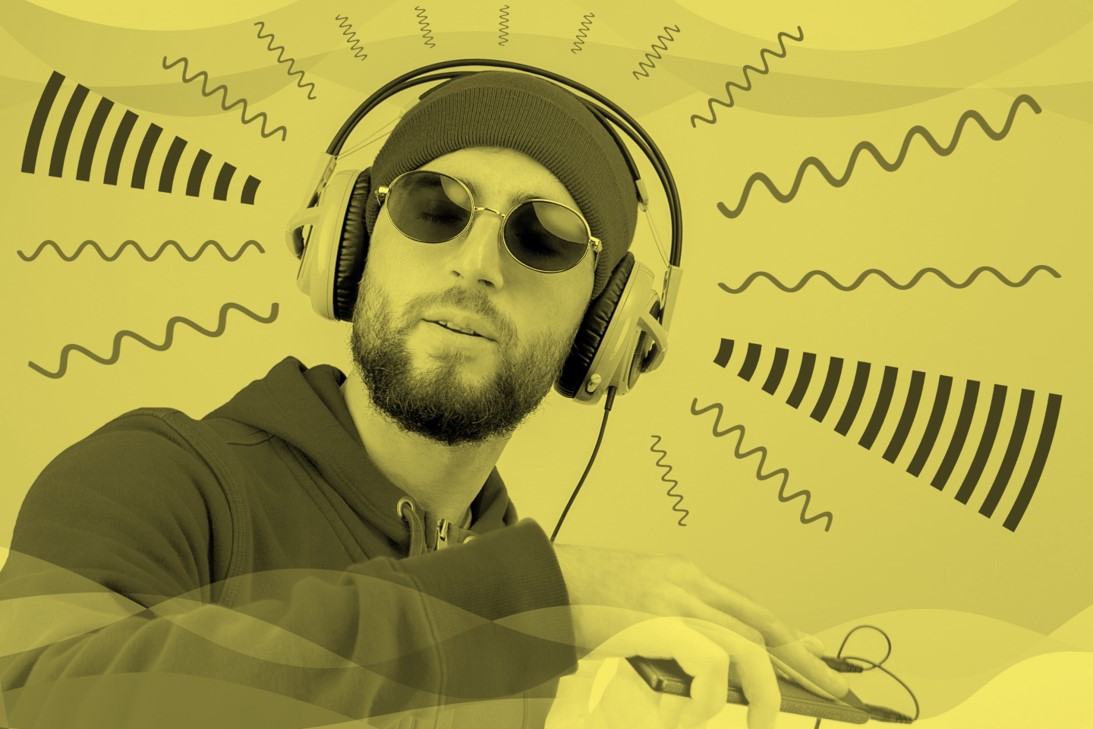
Still, allowing consumers access to the radio seems to be at the heart of many of these efforts, especially Project Mic. Radio broadcasters hear this type of feedback all the time. Listeners want to pick the songs, as well as hear their names and voices on the air.
Radio has presented “Guest DJ” and “Hey, Mom, I’m on WKLH” shows for decades. Sure, they require some work and prep. But they create indelible memories. I hear listeners proudly talk about these experiences in focus groups, telling the story of that time they were on the radio.
These days, fewer listeners bother to call stations. I’m often told “The phones are dead.” Maybe that’s because so many stations stopped answering them or they were ringing in empty studios.
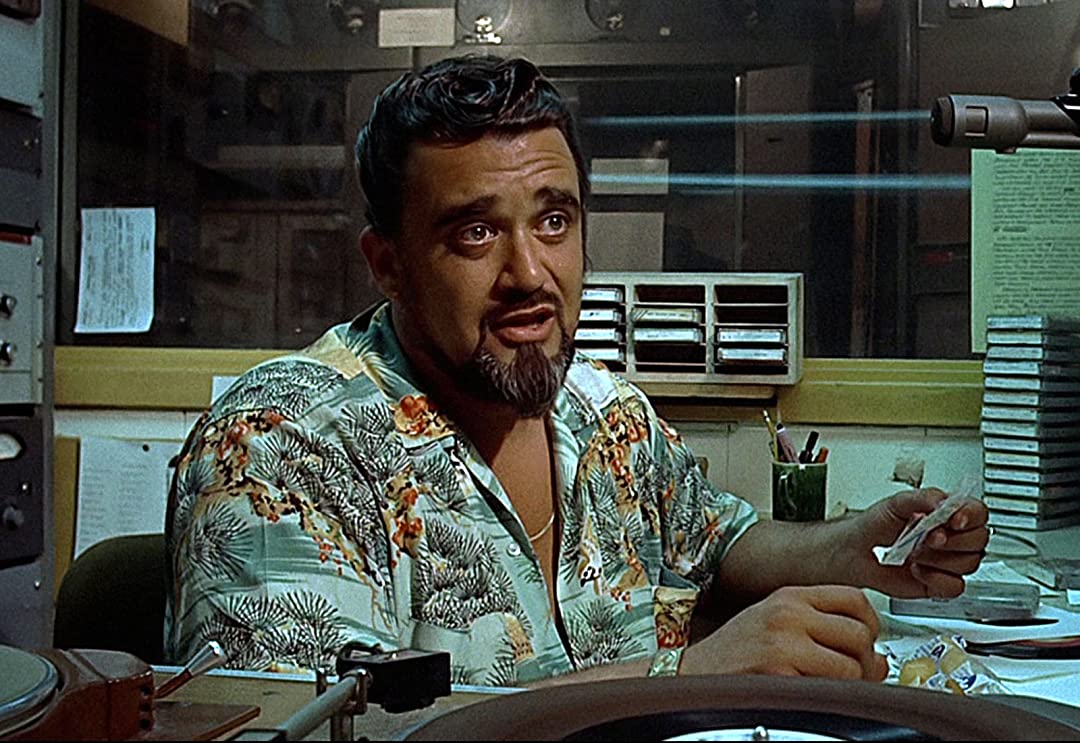
Listeners wanting to be on the radio is nothing new. Wolfman Jack understood the psychology, he played to it, and he became the powerful conduit to hearing yourself, your dedication, and your favorite song on his show. In many ways, he was a bearded gatekeeper.
Today’s tech companies want to remove the barriers to entry, allowing anyone with a mic the opportunity to play songs, read the news, and chat with fans.
We can wait around for Amazon (or someone else) to reinvent radio, spend a lot of time declaring “It’ll never work,” and then wake up one day to find out a new platform has more listeners and making more money than we are.
Or we could actually step up and reinvent ourselves. Radio could open its doors to listeners, fire up those languishing HD2s, and use its websites, social pages, and other assets to shine the light on local bands, young athletes, and other hometown heroes so radio stations actually sound like their communities.
The industry could organize an “all hands on deck hackathon” where teams populated by smart combinations of the old guard and new media mavens work together to actually reinvent something. Yes, radio broadcasting is made up of disparate companies, often with conflicting goals and competing solutions. Many are well on their way to diversifying their portfolios with podcasting, web services, e-sports, and other adjacent businesses. But none will get whole if their broadcast radio core isn’t addressed.
Or we could forget all that and focus instead on making our Q1 ratings and revenue goals.
As always, the ball is in radio’s court.
Thanks to Lori Lewis for the wakeup call.
I miss when radio was more of a thing and I still today listen to radio on occasion (if I can find something good) as well as lots of lots of podcast. Thanks for writing this awesome article and long live the radio!
Jason B, http://www.deckbuilderboulder.com